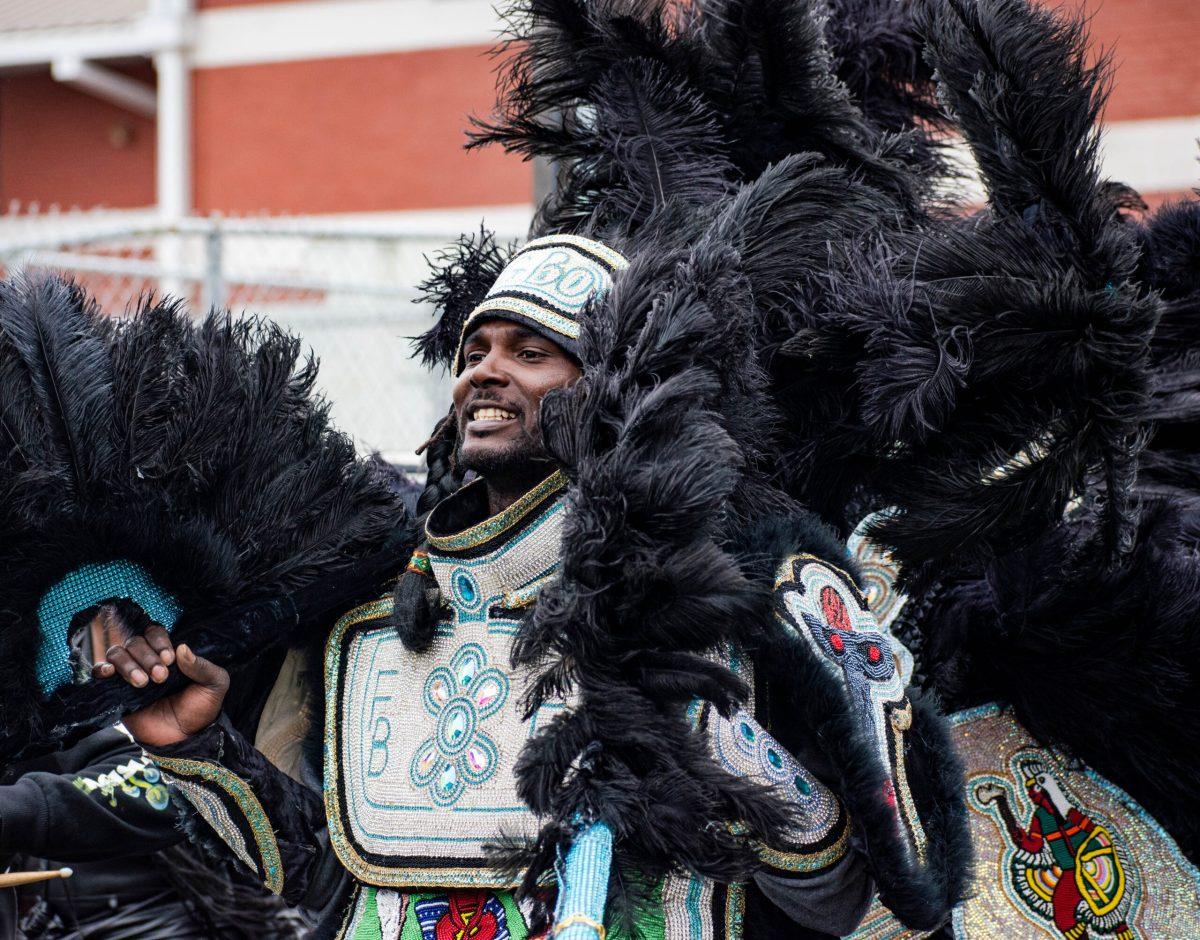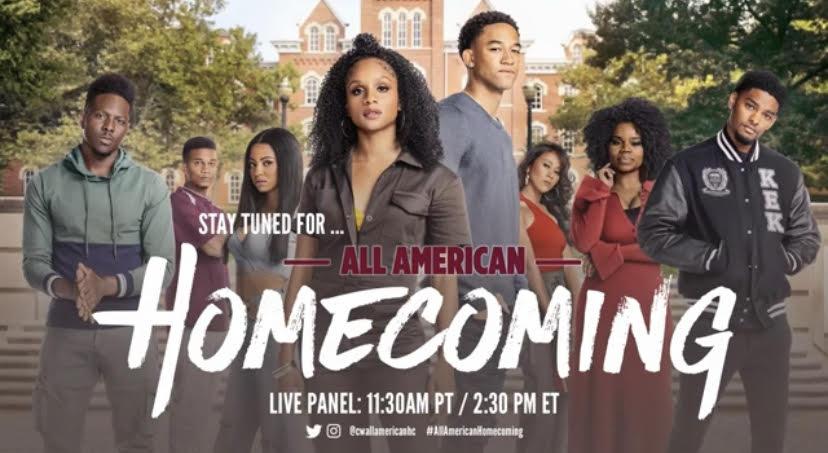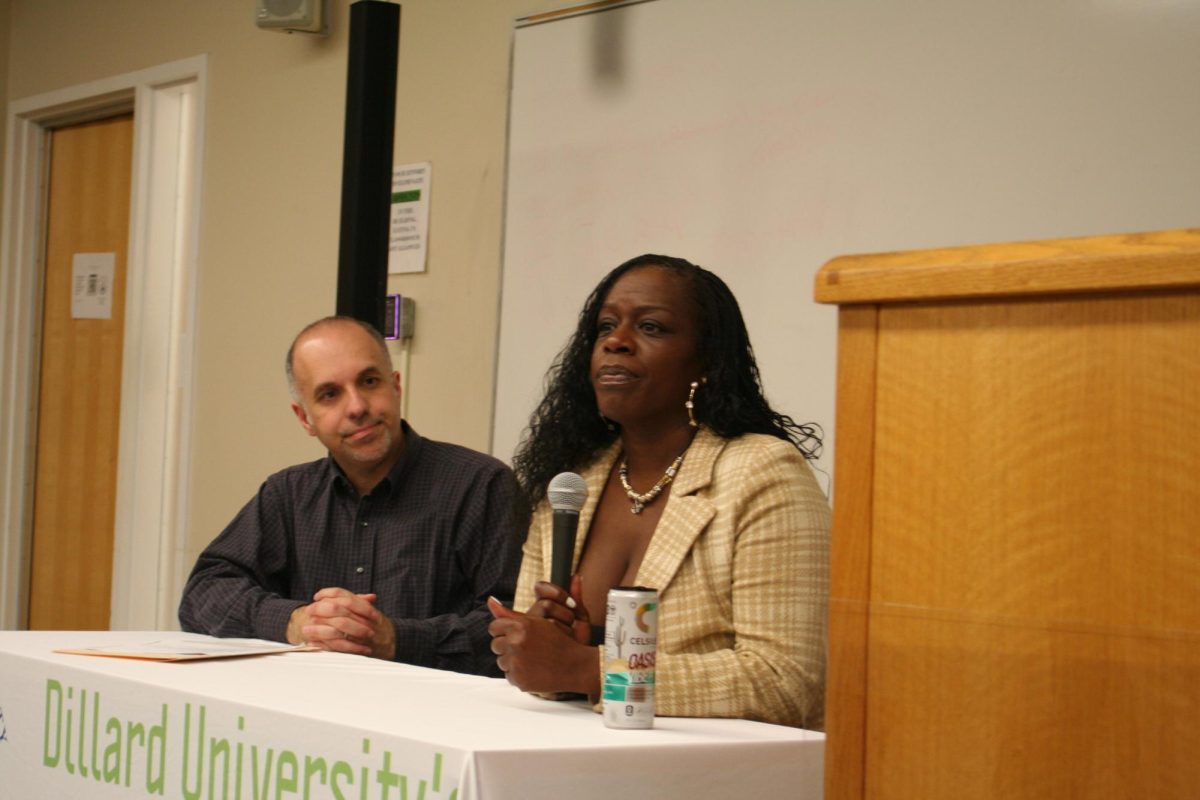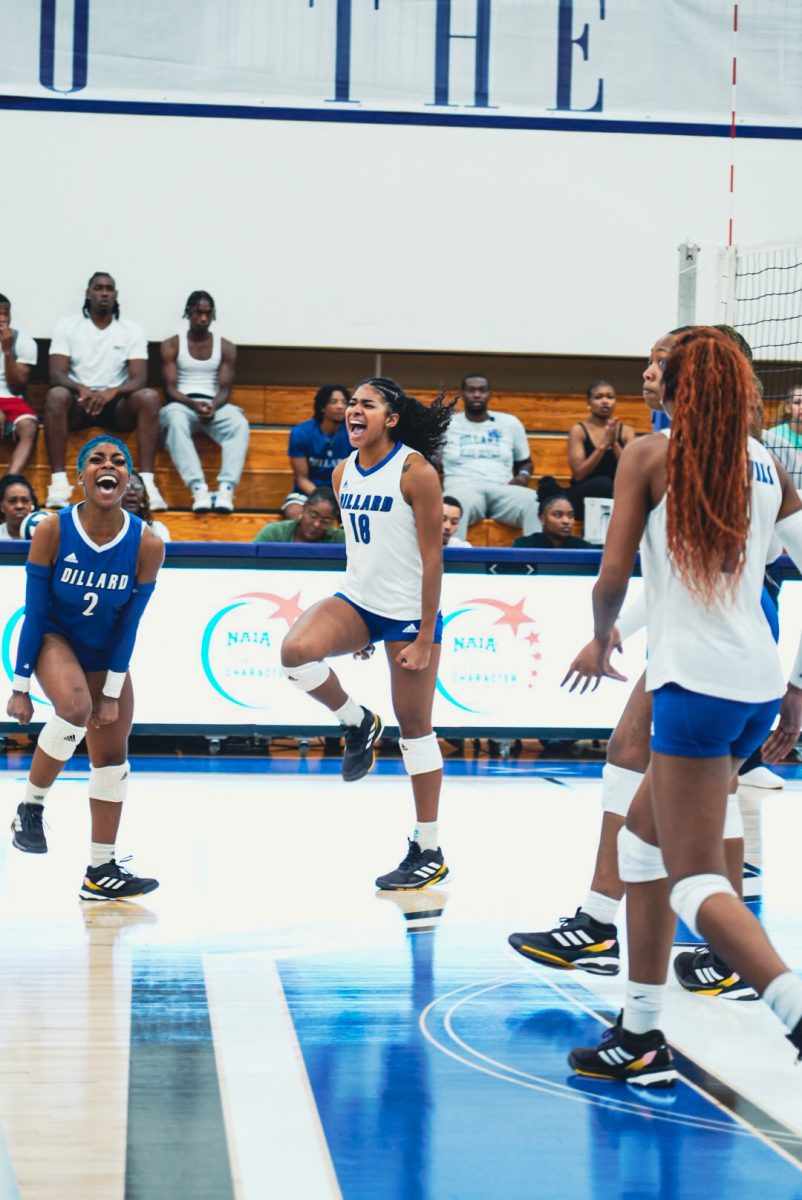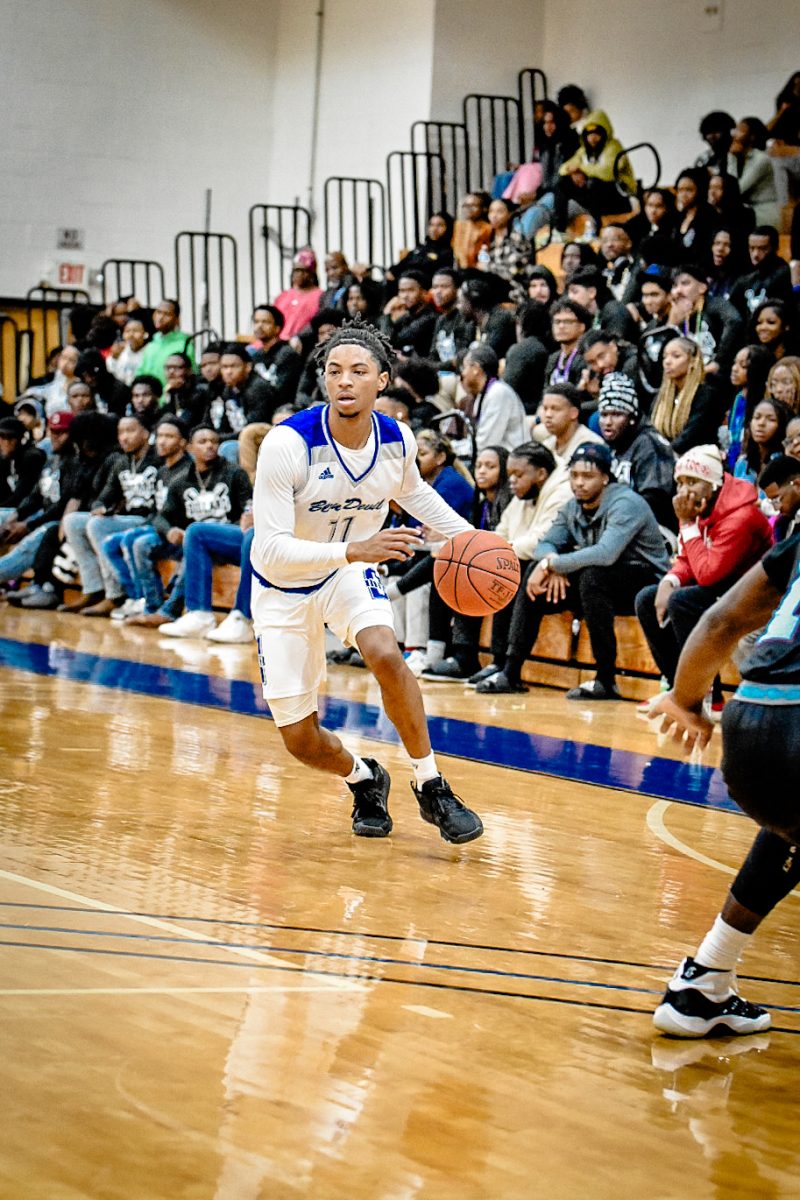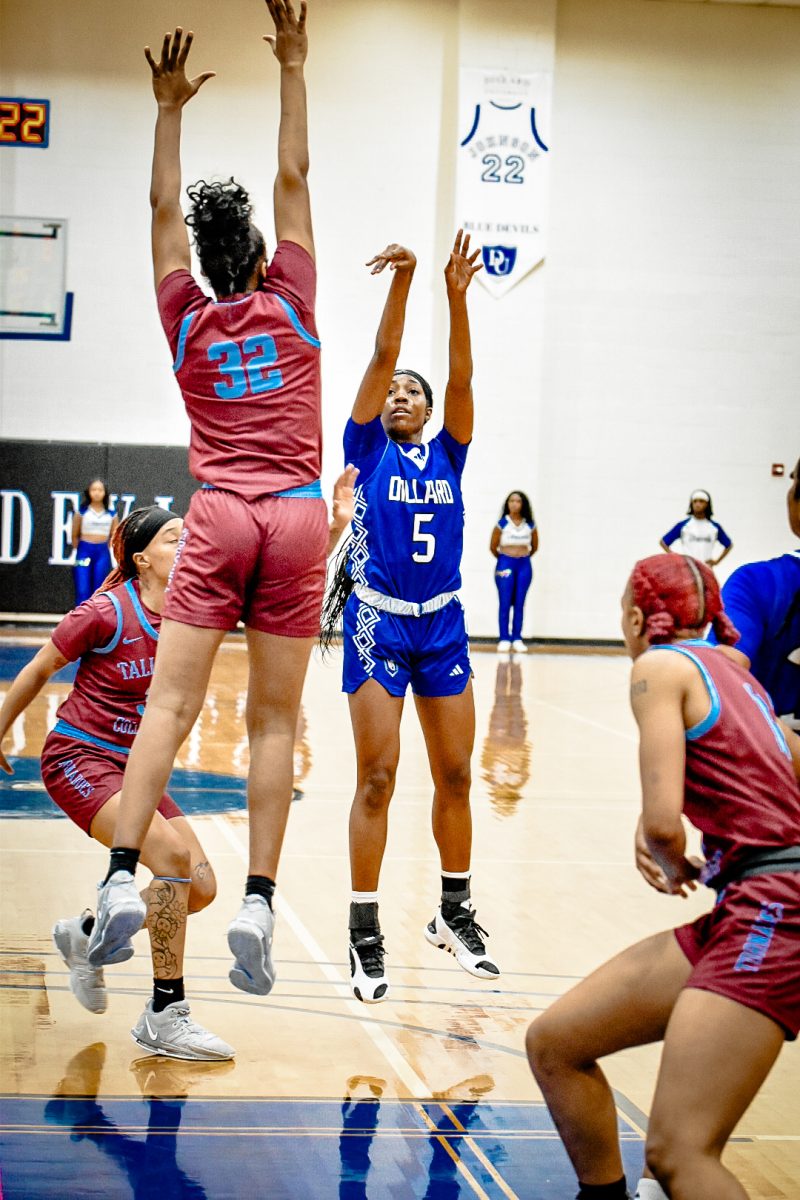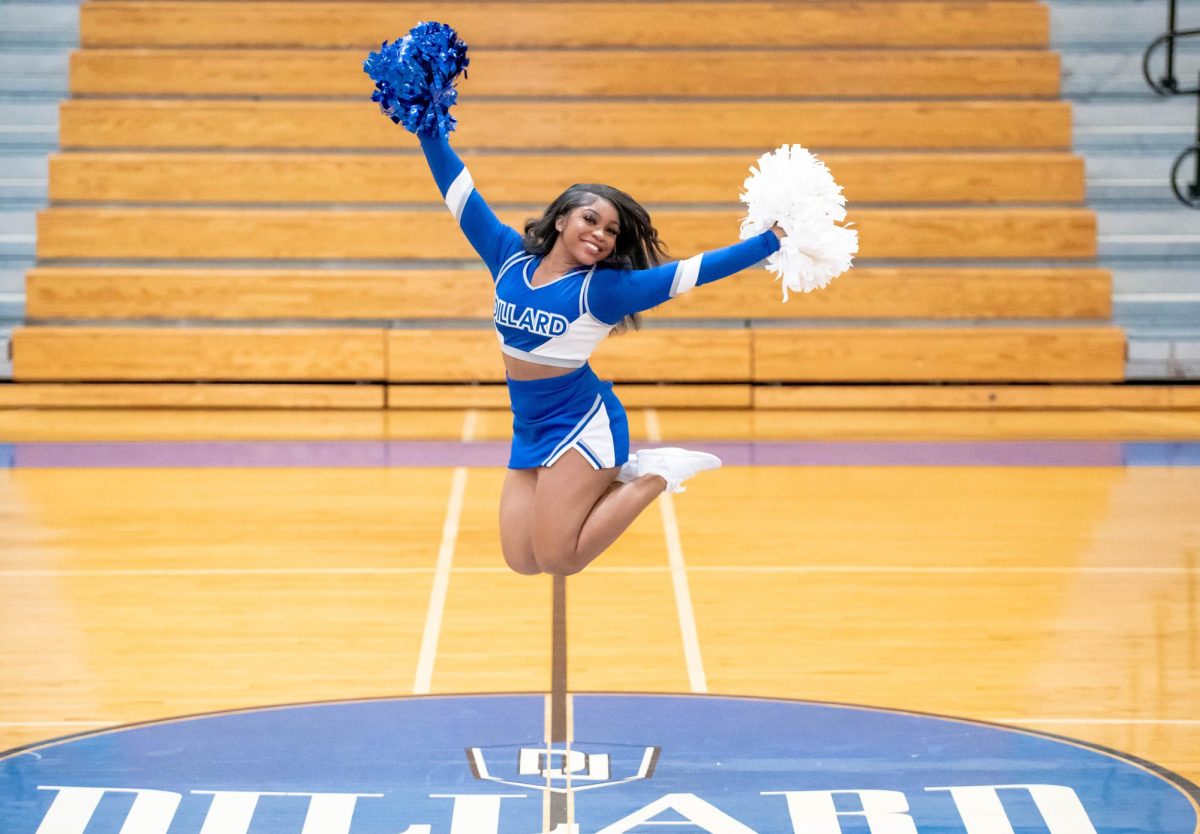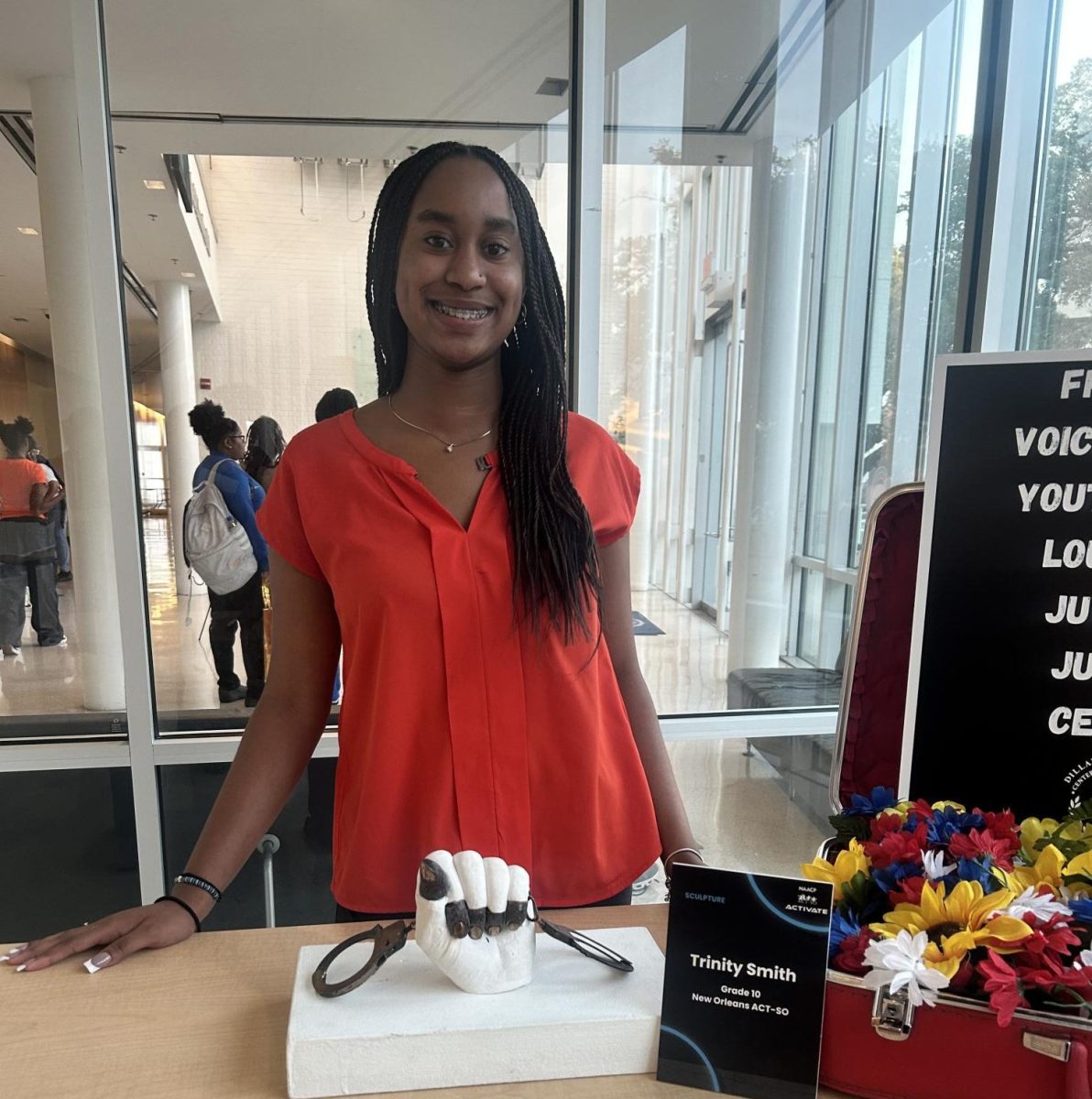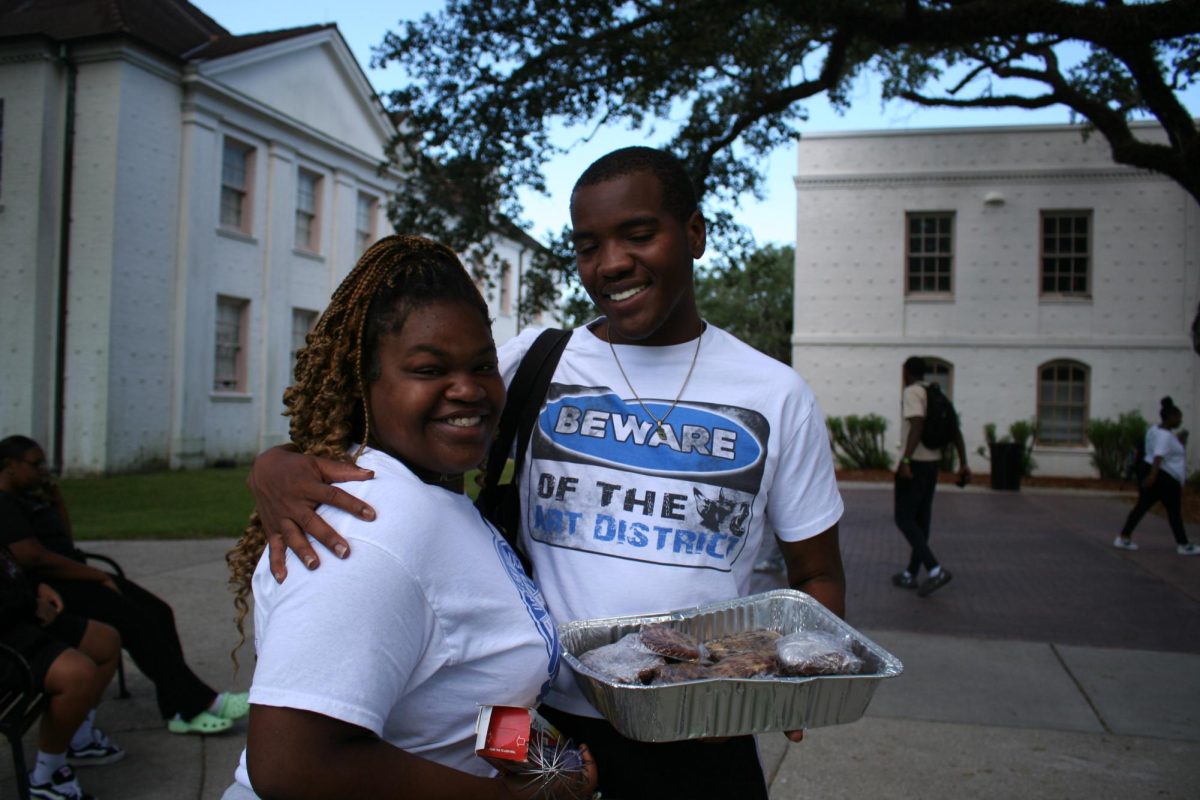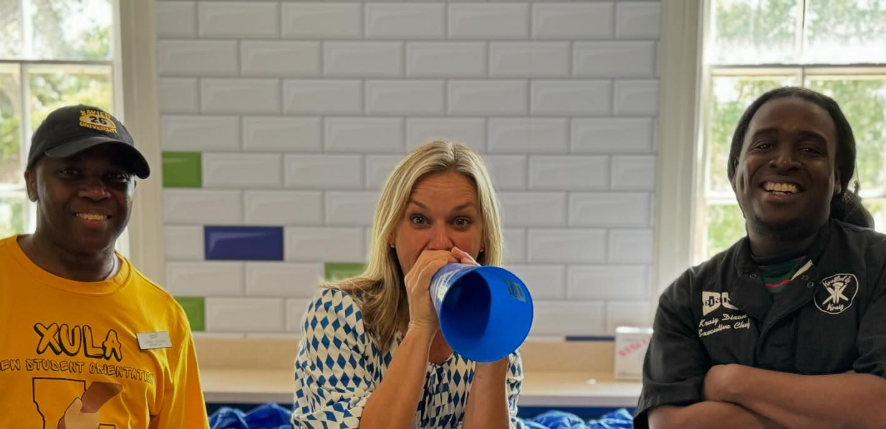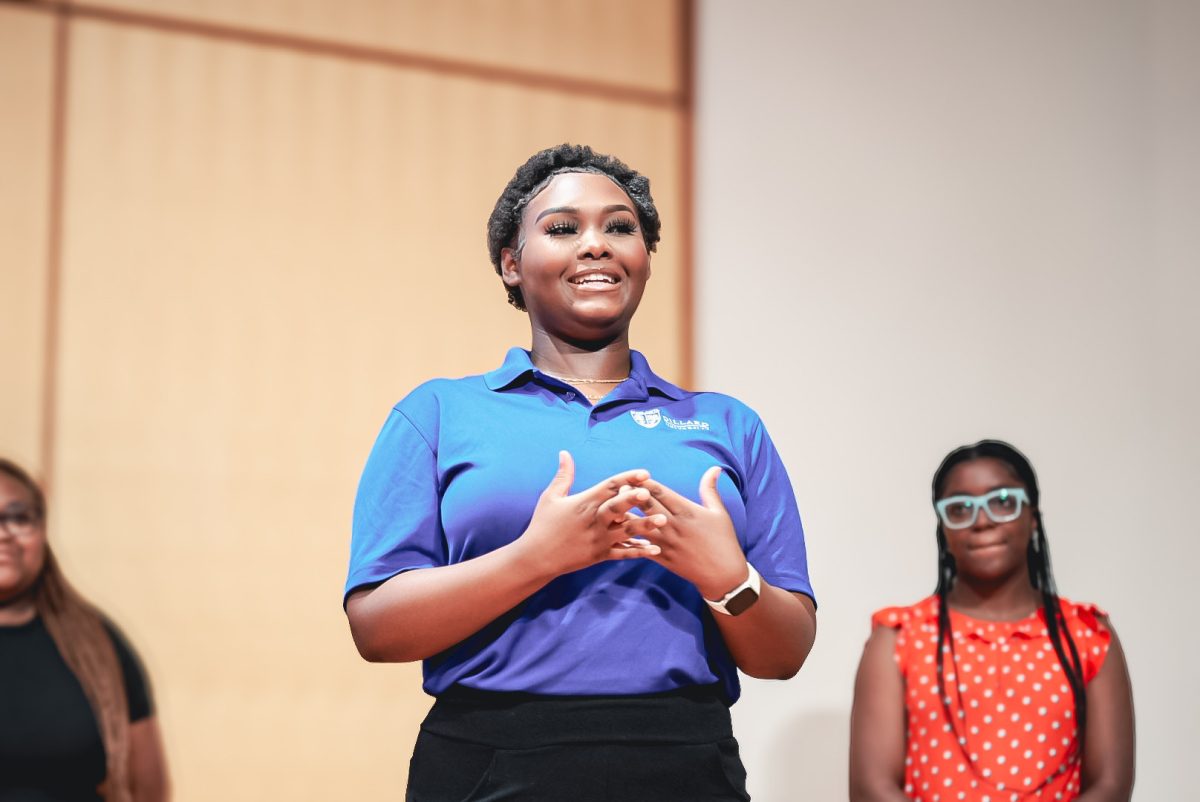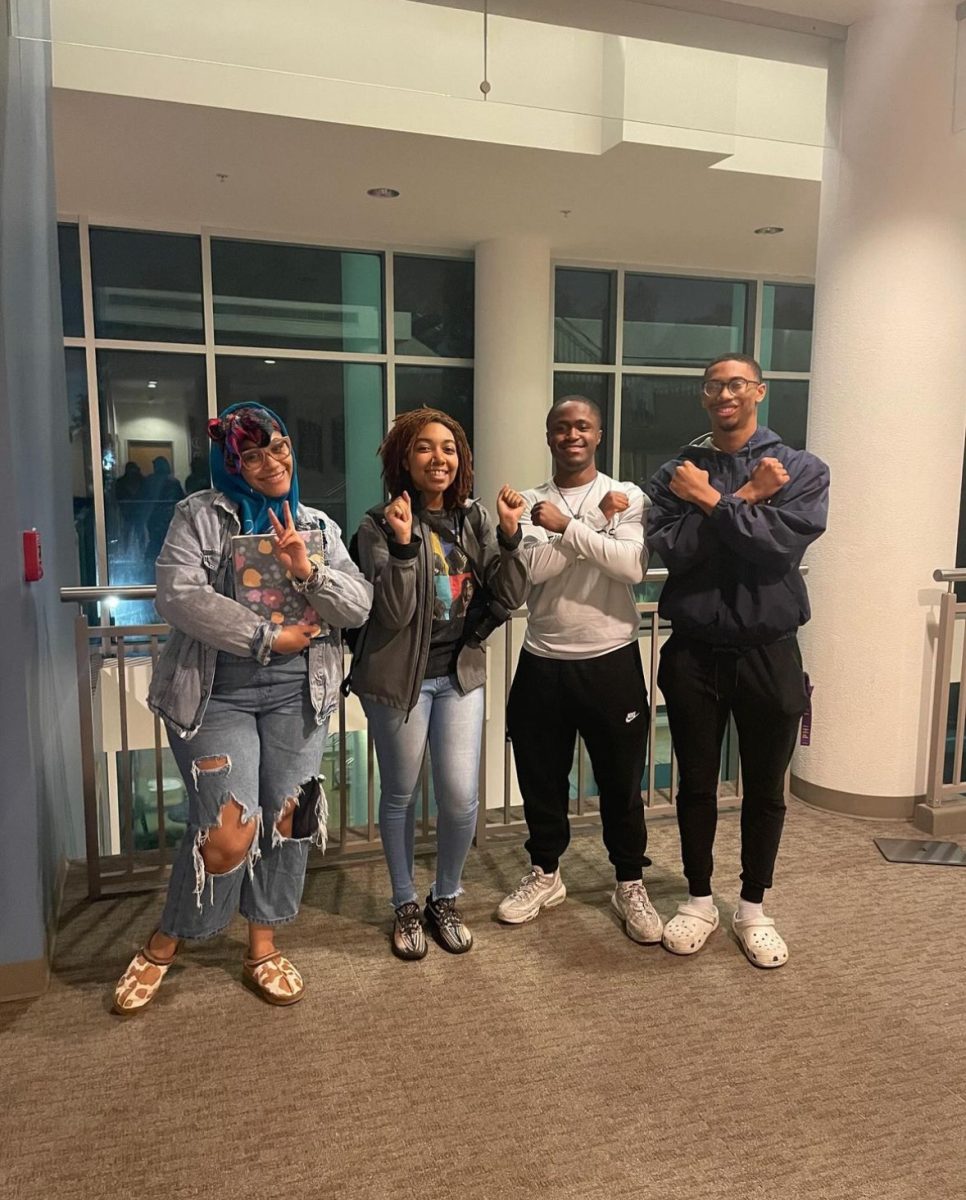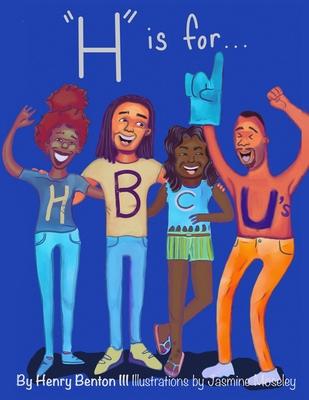Many African-Americans are fulfilling their business dreams by turning to entrepreneurship. They own barbershops, auto detailing centers, graphic design companies and several other types of companies. A recent study revealed there are important underlying reasons that African-Americans are becoming their own bosses.
The Southern California Minority Business Atlas did a comprehensive study of minority businesses in the Los Angeles and Orange County area of California. This region is recognized as a prime place for minorities to open their own businesses.
The 2002 study looked at 1,200 businesses, 130 were black-owned, and showed that 28 percent of black business owners had graduate degrees. This shows that high school or college now owns the mom-and-pop shops that used to be owned by people with little or no education graduates.
Another reason for the new surge in African-American entrepreneurship is the glass ceiling that some experience while working for corporations.
"African-Americans have to endure so much more to attain their goals," Biava Lartevi, a senior biology major from Washington D.C., said. "Through [entrepreneurship] they are able to take their fate into their own hands."
Lertevi knows a few African-American business owners, and realizes that education is a key factor in their success. The 21st century is all about adapting and using skills to get ahead. He plans to get a degree and follow the path of other African-American entrepreneurs.
Many young African-Americans are using their degrees and talent to propel them into the business world.
"I have a degree in business design and wanted to work for myself," Genelle Thompson, owner of GT Customs Graphic Imaging, said. She took the steps needed to open a graphic design company that she solely runs.
Woody Turbinton is no stranger to this concept. He opened his own mobile detailing business, WT’s Mobile Detailing, two years ago and is still going strong.
"I’ve had a job since high school, and I wanted to do my own thing," Turbinton said.
The African-American businesses outlined in the study proved, as a whole, to be very stable and sophisticated operations. Local business owners can attest to that fact. They say that careful planning and determination are a must.
"Most [African-Americans] don’t have the money to start their own businesses," Thompson said. "It’s going to be hard, but you have to prove that you can do it."
The process might be hard but the benefits prove to be worth it. The study also showed that African-Americans who completed college had an average 78 percent revenue growth.
Thompson, who has owned her own business for a year, has found that African-Americans are not so quick to support black-owned businesses.
"Some blacks don’t trust black business. But if they want us to work with them then they need to work with us," she said.
She has an even bigger barrier to cross because most African-Americans do not know what a graphic design company does and how it could help them, according to Thompson.
Some local business owners still feel that the African-American community does not support black-owned businesses like they should.
"You have to force it on them. I give them my business cards and explain what my company does," Thompson said. "My goal is to introduce [African-Americans] to the benefits of the 21st century, and one way is to educate them about the benefits of graphic design."
Many African-Americans use Turbinton’s mobile detailing company, but he feels that the community could be more supportive.
"I think [support from African-Americans] could be much better, we all need to support our own people," Turbinton said.
Both Thompson and Turbinton were ready to face the challenges that came along with owning a business. Both felt that they had the expertise to help their company stay afloat in the shifting economy.
"You have to put your mind to it and think ahead so you can manage your money," Turbinton said. "You have to plan for future bills and expenses."
Some business owners have not had such a great experience. Mary Walker Green is a local accountant and owner of Mary Walker Green Outsource Accounting. She has seen the downside of being a black business owner.
"It’s hard. I don’t have a lot of black [business] support," Walker said. "But I have been fortunate. I’ve never had to advertise to get business. I’ve always had contracts."
Walker has been the owner of her own company since 1994 and believes the hardest part was "just getting out there and finding work." She advises African-Americans who are thinking about opening their own business to get real world experience with a company before starting out.
"It’s like jumping off a cliff, it’s easier when you have been in the field for a while and have a lot of experience doing what you want to do," Walker said.
Walker is a member of the American Society of Women Accountants, and has received help from other members in the society.
"They send me work and I do the same for them. The majority of the members are Caucasian but we all support each other," Walker said. "The best tool is networking and utilizing word-of-mouth."
Another main complaint of African-American business owners has to do with African-Americans wanting discounts at black-owned businesses.
"Black people don’t support black businesses. They always want a discount when they come to my store," Eartha Harris, owner of Le Earth Florist and Balloons, said. "When they go to a big department store they don’t ask for discounts. They say ‘are you sure that’s all’ and pay it."
Harris quit her job 26 years ago to become her own boss because she did not like to take orders from other people. She has owned her florist shop for over 26 years and knows the joys of working for herself.
"I use the money I earn to improve my business. Other companies use the money to move out of the neighborhood, and take that money out of the community," Harris said. "If blacks supported black businesses, then the whole community would be able to do a lot more."








